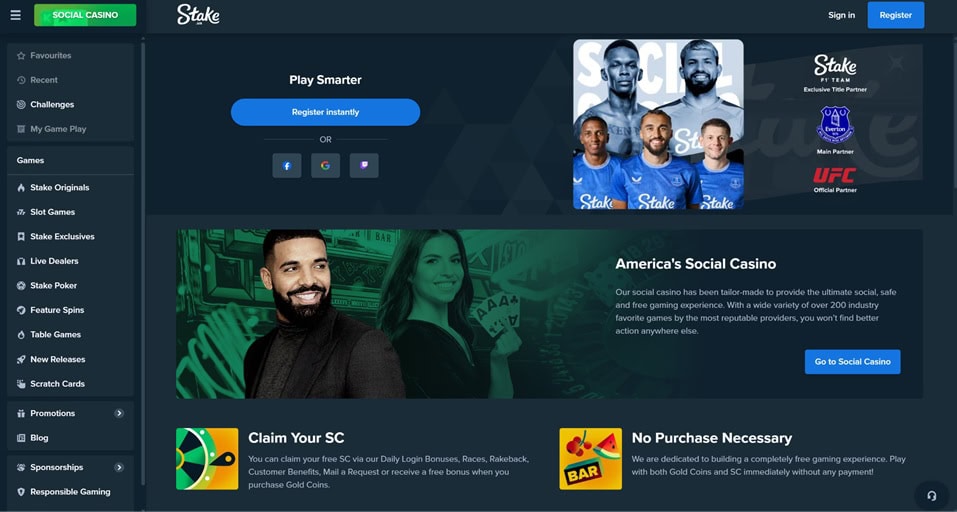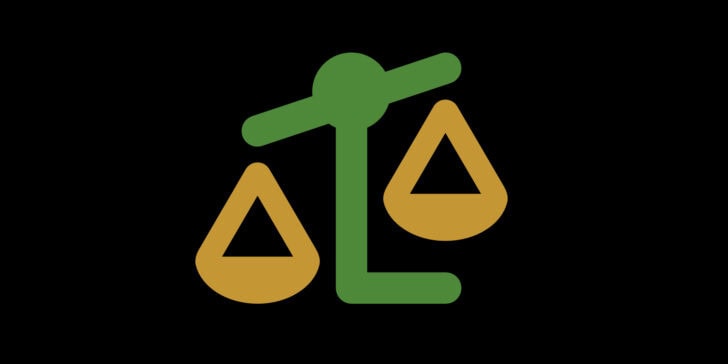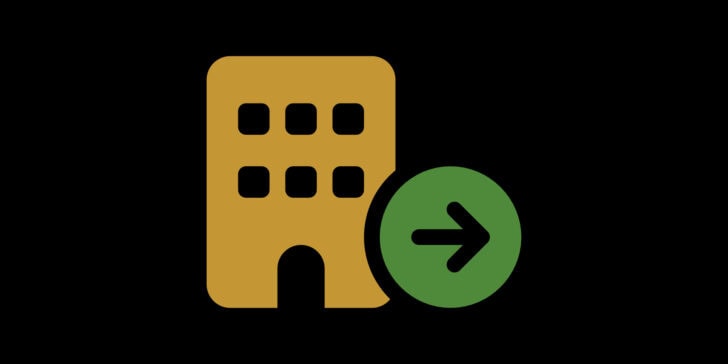The judge in the California case involving sweepstakes casino Stake.us has sent the trial to arbitration, citing the terms the plaintiff accepted when registering.

We reported on this case at the start of April; in the filing, plaintiff Boyle accused Stake.us and its parent company Sweepsteaks Limited of running an “illegal gambling website” due to its sweeps model. Boyle claimed that the system using Gold Coins and Stake Cash violated California law after having incurred significant losses on the platform. He also claimed to suffer from a gambling problem.
Stake.us Case Sent to Arbitration: What It Means
We’ve seen many similar cases try to test the legality of sweepstakes platforms in recent years, and this one looks to be going the same way as some previous attempts (another California case involving Fliff last year springs to mind).
Essentially, Stake argued that Boyle agreed to arbitrate any future claims when he signed up for an account by consenting to the terms and conditions – this is a common requirement to sign up for many sweepstakes platforms. Stake also provided an opt-out clause that Boyle could have activated by sending in a written request within the specified timeframe, but no such request was ever received, according to Stake.
Boyle challenged the arbitration clause, arguing it formed part of an illegal contract, but US Central California District Court Judge James Selna granted Stake’s request for arbitration.
“The Court can only conclude that there is no procedural unconscionability as Boyle has failed to meet his burden,” said Selna. “Therefore, the Court finds that Boyle must arbitrate his claims with Sweepsteaks.”
Arbitration means the dispute will now be handled privately outside of court by a neutral third party, rather than through a trial. This generally favors companies like Stake for a few reasons. For example, arbitration is not public, reducing reputational damage for the company and limiting public scrutiny. Also, arbitration decisions are hard to challenge, which means an unfavorable ruling for the plaintiff is usually final.
In short, it tends to reduce risk and exposure for companies like Stake.us, and is a common strategy in user agreements for these reasons.
Boyle’s Parallel Lawsuit Against Pulsz
Although unlikely, Boyle will be hoping he can fare better in another similar case he has against a separate sweepstakes casino: Pulsz, which belongs to parent company Yellow Social Interactive. Both parties jointly requested a 45-day stay in that case to await the outcome of the Stake.us arbitration. The judge granted this stay, and this second suit is scheduled to resume in June.
The Social and Promotional Games Association (SPGA), a sweepstakes industry trade group, celebrated the news of the Stake case moving to arbitration.
“This ruling affirms what we’ve long said: Social sweepstakes sites are not gambling,” said a spokesperson for SPGA. “They are free-to-play games enjoyed responsibly by millions of American adults, and no purchase is ever necessary to play or have a chance to win prizes.”
The SPGA doesn’t represent Stake, but does represent other companies within the industry, such as High 5, Fliff, and Blazesoft.
It’s also worth noting that no ruling on the legality of the sweepstakes model was made in this case; the decision was just about enforcing the arbitration clause in the platform’s terms of service. Nonetheless, no plaintiff has yet succeeded in proving the sweeps format illegal in court, favoring Cali sweepstakes casinos and the market as a whole.
Stake still faces other suits, like the one in Alabama. For popular sweepstakes operators, these legal challenges appear to simply be the price of doing business in the current climate.


